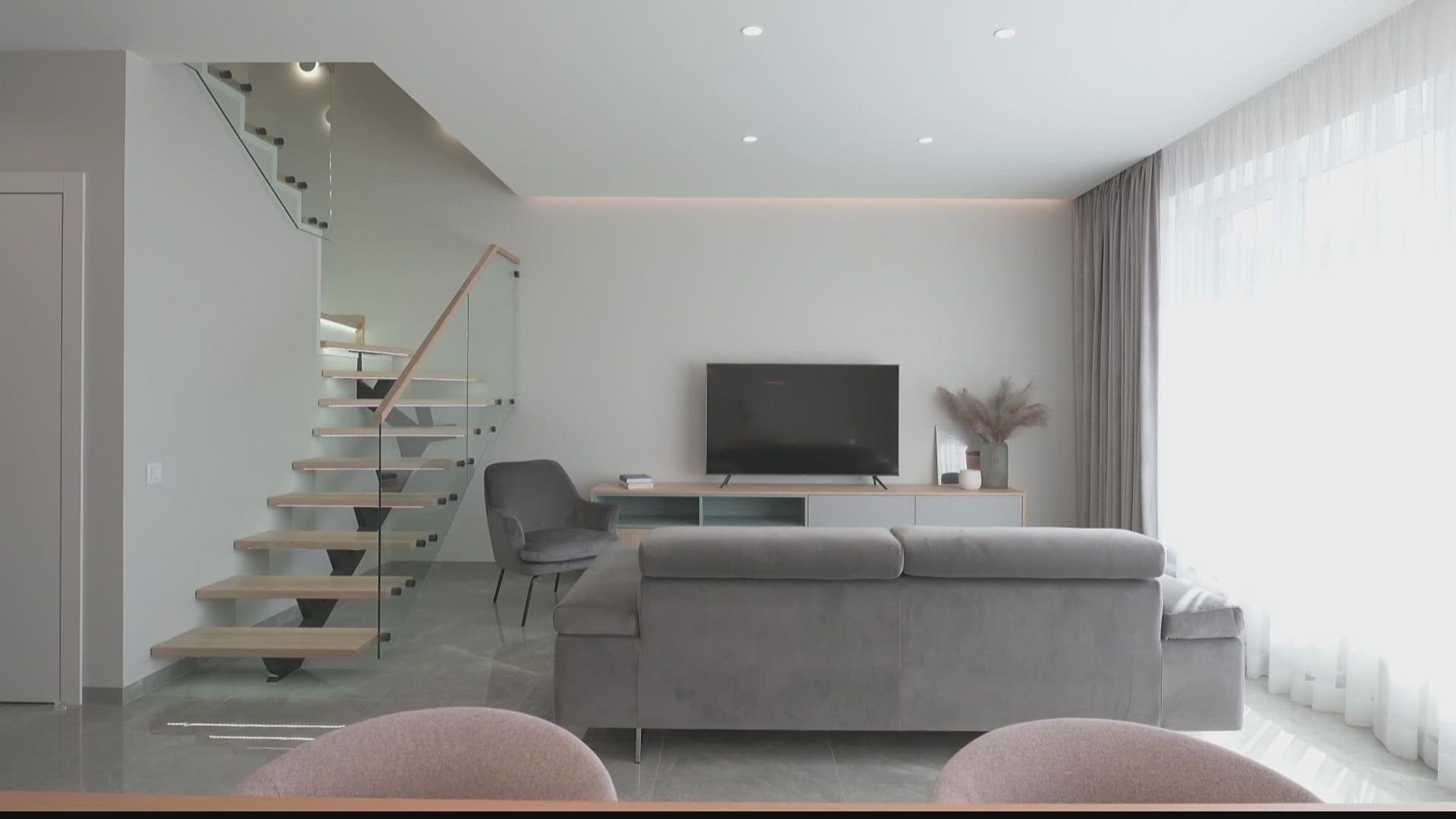ATLANTA — More than 4,000 Airbnb and short-term rentals could soon disappear from Atlanta, because of a new ordinance cracking down on who’s able to rent out their home.
This week, city council extended the compliance deadline from June 1 to Sept. 6. as debate over and complaints about the new rules are hashed out.
Under the ordinance, people can only own two Airbnb or short term rental units, and one must be their primary residence.
You must be a resident of Atlanta, pay $150 annually for a permit, and pay an 8% tax rental fee.
The ordinance also cracks down on noise and party violations, increasing penalties to several thousand dollars.
Kathie McClure hosts two short term rentals in the same Midtown duplex. But because she doesn't live there full time, she'd be in violation of the new rules.
“We live nearby, [the duplex] is not our primary residence," she said. “I am a good example of how extreme some of the interpretations are that the city has adopted.”
There are currently an estimated 7,465 Airbnb and Vrbo properties in Atlanta.
An Airbnb spokesperson told 11Alive that hosts in Atlanta collectively earned nearly $139 million in 2021, with hosting serving as a source of income for more than 9,500 hosts across the metropolitan area.
A reported 54% of short term rental owners in Atlanta have more than two listings, putting them in violation under the new rules.
“This is how I make a living and support my family," said Rich Monroe, president of the newly formed Atlanta Metro Short Term Rental Alliance (AMSTRA). “The reality is it's going to be a lot of jobs at stake. The local economy is going to be impacted.”
Supporters of the ordinance say it will help address unruly parties and noise violations, and make more homes available for residents who need a place to live.
In Atlanta there has been a 37% decrease in available long term rental housing properties since 2019, according to an analysis of US Census Bureau data.
Only 4.9% of apartments or rentals in the city are currently available.
McClure says she and other hosts are thankful city council extended the enforcement deadline, amid complaints that the permit application process was tedious and confusing.
"The risk that the city is taking with the overly complicated process is that they will have a large number of so-called illegal units," she said. "The city is setting itself up for failure."
Between now and the September deadline, Monroe says AMSTRA hopes to work with city council to negotiate the ordinance terms.
"The middle ground for us would basically allow a lot of our members that are currently operating short term rentals to be able to continue to do so by having kind of a legacy option," he said.
In a statement, City Planning Commissioner Janide Sidifall told 11Alive:
“In response to residents’ requests and concerns, the Department of City Planning administratively extended the enforcement of the Short-term Rental ordinance to September 6, 2022. We want to be responsive to our residents as we heard concerns from some STR owners on the licensing process. Additionally, with the rapid growth of the short-term rental industry in the city, we also want to be accountable and protective to all communities and neighborhoods as detailed in Atlanta City Design. We want to help facilitate a thoughtful, yet profitable Short-term Rental industry in the city of Atlanta.”

